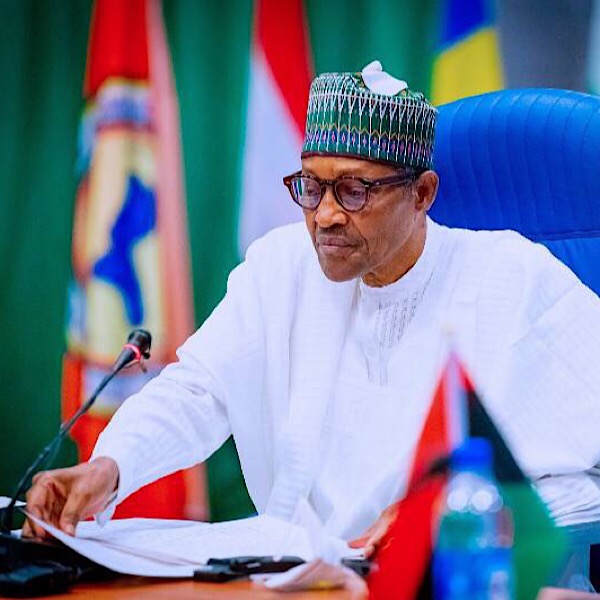President Muhammadu Buhari has directed the Federal Inland revenue service (FIRS) to deploy necessary technology to effectively tax all digital transactions carried out in Nigeria, in an effort to significantly raise the nation’s tax revenue.
Addressing 17th General Assembly and 10th Anniversary of the West African Administrations Forum (WATAF), in Abuja, yesterday,
The Secretary to the Government of the Federation (SGF) Mr. Boss Mustapha said that current realities have made it imperative to digitally tax all digital transactions and that the president has given the needed support to FIRS.
According to him, “It is pertinent to highlight that no matter how sound out policy and enabling legislation is, we may realize little or nothing unless we give every effort to putting in place effective collection measures.
Digital transactions must be taxed digitally and the goal of our efforts must be to achieve seamless digital collection and remittance of tax revenue that accrues from the digital economy.
He noted that the advent of the internet has continued to grow and one key area where this has increasingly become obvious was in the development of e-commerce.
Mr. Mustapha said, “Many platforms that started as social media platforms have transited into big businesses generating significant income as it has since become commonplace for entities to consummate business relations remotely, without a physical presence in the countries where goods and services are exchanged.
“Suffice it to say that while this presents great economic and business opportunities, on the one hand, it also presents a challenge on the other as governments must find our way round what is still very much an emerging area of tax administration.”
In her address, Minister of Finance, Budget and national Planning, Mrs. Zainab Ahmed, said that Nigeria has not signed the proposal by the Organisation for Economic Co-operation and Development (OECD) on how to address the global challenge of e-commerce taxation, because it was not equitable.
Her words, “As the Competent Authority in Tax matters for Nigeria, I am pleased to say that we have actively participated in the global discourse around the issue of taxation of the digital economy, particularly as it affects the allocation of taxing rights.
“In this regard, we have continued to contribute our quota in different fora, most importantly at the OECD/G20 Inclusive Framework on Base Erosion and Profit Shifting, otherwise known as the Inclusive Framework (IF).
“Let me highlight that the basis of our involvement in that process was the understanding that a coordinated, universal solution to the tax challenges of the digitalised economy was necessary and that the solution would be fair and acceptable for all members.
We had hoped that all jurisdictions would be participating in the project on equal footing and that the agreed solution would benefit all while preserving jurisdictions’ existing taxing rights which are not aimed at digital businesses, and that the project would provide universally acceptable rules, by consensus.
“The question therefore arises: why has Nigeria not endorsed the OECD proposed solution to the issues affecting the digital economy? Simply put, Nigeria seeks to prioritise the importance of securing a fair deal that provides for equitable global re-allocation of profits to all market jurisdictions, and it is our view that the agreement has not met this objective.”
She highlighted that the OECD proposal set a threshold which “covers only Multi National Enterprises (MNEs) with €20billion global revenue and above 10% profitability, which means just about 100 companies across the world, are within the scope of the rules.
“This threshold has left many of the well-known MNEs exploiting the digital space out of the scope of Pillar 1, and will significantly reduce any benefit that may accrue to market jurisdictions.”
Besides, the minister said that the proposal, “restricts the number of non-resident companies engaged in digitalised businesses that may pay tax in our jurisdictions to only the 100 that are in-scope of the threshold, to the exclusion of all others, regardless of the actual number.”
In his remarks, Executive Chairman of the FIRS, Mr Muhammad Nami, said that the organization has deployed a new technology, Taxpro Max, for revenue collection, which he said has significantly raised its June collection to N664 billion.
He described it as the “highest revenue generated by the FIRS in a single month since the outbreak of COVID-19”.
Source: vanguard










